“Unlike American officials, we would rather not be spouting threats, ultimatums and predicting a high price, which someone might pay […]. In terms of the negotiations, we are holding them in a cultured manner, we are open to dialogue and our diplomats maintained diplomatic traditions despite the rough situation.” These were the words of Russian Presidential Spokesman Dmitry Peskov reported to the Russian News Agency Tass on 12 January after a round of high-level talks over security issues between the US and the Russian Federation in Geneva, followed by discussions in Brussels with the North Atlantic Treaty Organization (NATO) and in Vienna at the Organization for Security and Co-operation in Europe (OSCE). This blogpost analyses some of the dynamics at play in terms of process and content.
“It is significant that the US and the Russian Federation initiated talks over security issues in Geneva, a city with a proven track record in negotiations and peace talks. Although the talks did not yield immediate fruit, it is only through negotiations like these that a war in which all sides would lose can be prevented.”
William Ury, author of bestseller Getting To Yes – contacted by the author
Agenda setting
By publishing documents for negotiation ahead of the talks, the Russian Federation sought to be proactive in terms of agenda setting. On 17 December, the Ministry of Foreign Affairs published a draft “Agreement on measures to ensure the security of The Russian Federation and member States of the North Atlantic Treaty Organization” and a draft “Treaty between The United States of America and the Russian Federation on security guarantees”. The documents contain broad and specific provisions for a new European security architecture. They also translate some key demands of the Russian Federation, for instance to “refrain from any further enlargement of NATO, including of Ukraine and other States” and proposals to limit the deployment of armed forces and weapons, notably nuclear weapons.
The two drafts have been perceived by some both as a statement of position with significant demands, and significant demands made with the anticipation of their rejection and providing a justification to invade Ukraine. Before the talks in Geneva, US Secretary of State Antony J. Blinken stated that it was “certainly part of the playbook to put out a list of absolutely nonstarter demands, and then to claim that the other side is not engaging and then to use that as somehow justification for aggressive action. But the fact of the matter is Russia knows well what is a nonstarter, but […] there are also issues where we can engage”.
Negotiation process
Second, there was a broad agreement on the process in the short run, but uncertainty on further steps. President Biden and President Putin opted for Geneva for their high-level summit in June 2021. On 10 January 2022, U.S. Deputy Secretary of State Wendy Sherman and Russian Deputy Foreign Minister Sergei Ryabkov headed the negotiations at the US Mission in Geneva after a dinner held the day before. The formal setting is rather classic – though not necessarily the most conducive for joint problem solving – with two delegations facing each other in a room where both the Russian and US flags are displayed. Talks lasted more than seven hours, and the parties communicated separately thereafter.
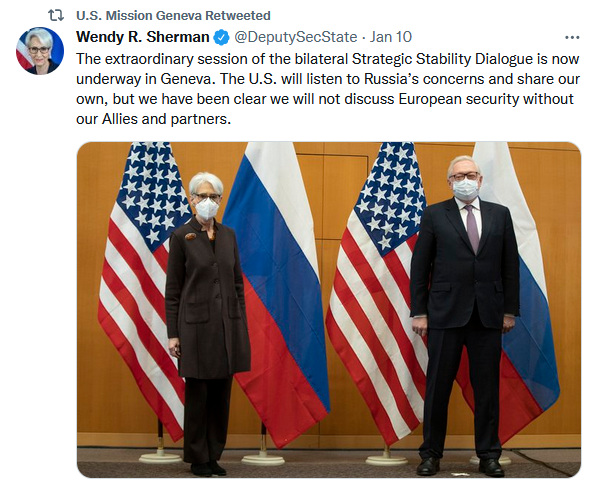
Beyond the broad agreement, there are differing views on the format and timeline for negotiations. The Russian Federation seems satisfied with a bilateral format. The US, partly for political and tactical reasons, emphasised the need for consultation and participation of other parties, with Deputy Secretary Sherman noting that there would be “No decisions about Ukraine without Ukraine”. The Russian Federation sought a prompt result with a Kremlin spokesperson stating that the “the process cannot carry on for the sake of process on critical issues; there must be a concrete result, a concrete response” whilst in contrast the US noted “negotiations on complex topics like arms control cannot be completed in a matter of days or even weeks”. Deputy Secretary Sherman further stressed that there was no negotiation as such in Geneva: “It was not what you would call a negotiation. We’re not to a point where we’re ready to set down text and begin to go back and forth.”
Uncertainty prevails regarding the next steps after the talks in Geneva, Brussels and Vienna with the Russian Federation indicating that it is waiting for the US and NATO to come back with written proposals, and the US conversely insisting on a de-escalation to create a climate conducive to negotiations. At the time of writing, information has come out that US Secretary of State Blinken and Russian Federation Minister of Foreign Affairs Serguei Lavrov spoke and agreed to meet in Geneva on 21 January.
Communication and threats
Third, a communication war with a fierce use of threats, cross-accusations and blame in the media and social media before and after the talks, as if threats were used as a bargaining power. The Russian Federation denounced the US and NATO’s activities to expand their influence next to its borders while the US alleged that the Russian Federation was seeking to build up troops at its border with Ukraine to prepare for an invasion. On 13 January, US National Security Advisor Jake Sullivan warned: “We’re prepared to continue with diplomacy to advance security and stability in the Euro-Atlantic. We’re equally prepared if Russia chooses a different path”, alluding to a “further Russian invasion of Ukraine”. He added: “As far as we’re concerned, we are ready to move forward on diplomacy and we are ready to go down the other path”. Interestingly, the approach could be perceived as entertaining the idea that diplomacy would stop when war erupts, which is an erroneous understanding of the often-quoted Carl von Clausewitz On War’s definition of war as “the continuation of policy by other means”.
A critical juncture?
One cannot underestimate the seriousness of the crisis, and with it, the potential either to turn it into an opportunity to foster new approaches to security and other issues or to risk a further escalation. On 13 January, Minister of Foreign Affairs Lavrov, stated that “the negotiations reflect a serious confrontation on the world stage”. Minister Lavrov was interviewed in the building where, back in 1943, the foreign ministers of the Union of Soviet Socialist Republics, Great-Britain, and the United States signed a declaration, “which for the first time since the victory over fascism mentioned the need to create a world organisation”, before it was named the United Nations. In his view, the current situation is largely caused by the “West trying to question the universal legitimacy of the UN”, as it invents “its own rules by which everyone else must live with” at the expense of international law [unofficial translation from Russian].
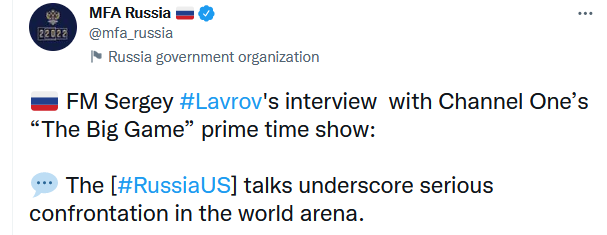
From the viewpoint of negotiation practice, the narrative of the parties brings to bear the impact of perceptions and misperceptions and a connected deficit of trust between the parties. It is difficult to conceive how the gap could be bridged without addressing the perceptions. Beyond the cross-accusations, one can decipher signals from both sides that progress can be made, and that a focus on respective and mutual interests is still within reach. “As a diplomat and negotiator, I generally don’t approach these kind of situations on the basis of trust. I do try to respect that other countries have their own interests and those interests may be different than ours, and to try to gain an understanding of them”, stated for instance US Deputy Secretary Sherman after the talks in Geneva.
Against the background of rising tensions and Cold War-like rhetoric, the very fact that talks are convened is significant. It remains to be seen whether the US and the Russian Federation, and all the parties directly or indirectly involved, can set a process in motion for meaningful and impactful negotiations. It remains also to be seen whether the parties can engage with a mindset geared towards a win-win outcome, bearing in mind a third win, the win of the “whole”. It remains to be seen whether third parties can step in for a mediation role and, and more broadly, the roles than “thirdsiders” – to use William Ury’s concept – could play.
Jérôme Bellion-Jourdan
Director of the International Negotiation and Policy-Making Programme, Graduate Institute, Geneva

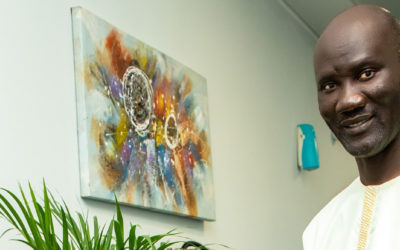
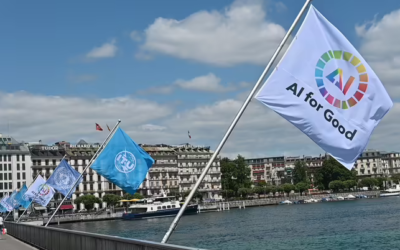
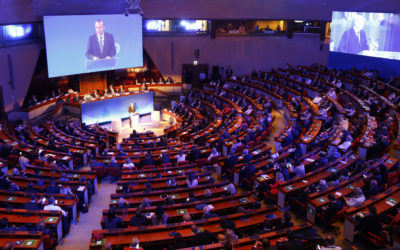
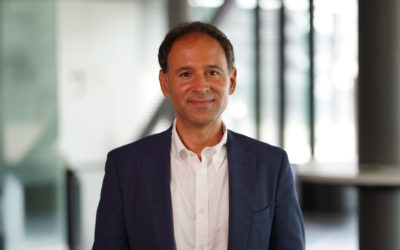


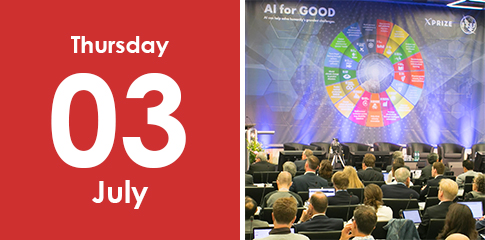

Thanks for the very interesting article.
One question: do acknowledgement could be a strategical thinking and concrete action related to the perception of Russia side ( NATO expansion)? Not only related to what was done (expansion), but to reassure Russia that the message was well understood, especially if the intention of any negotiation is not so much about building a trust relation but to make sure that both sides could understand each other even if different point of view are expressed and will remain.
Or is this too naive?
Many thanks for your comment and questions. There would be much to discuss around the points you raise. In my own experience of negotiations, I always found it useful to acknowledge issues related to perceptions, to put myself in the shoes of the other negotiating parties, to understand their (possibly evolving) needs and interests, and set a process in motion to find common ground. I have witnessed the power of negotiation and negotiators to turn the impossible into the possible. In the current context, it seems that much could still be done to get out of the (apparent) deadlock. Many thanks again for engaging in the discussion.
It is critical point into the negotiations I think. However Russia’s position seems to be related to them attracting their Russian public opinion / the population on their side. To me I don’t really think they are ” afraid” of UE’s expansion but I think they are ” indeed” concerned that they will loose control over Ucraine. I think it is more a political game that Russia is playing. And I think they are doing it in order to gain negotiation traction. That is my personal opinion, I come from a country close to Ucraine. Hopefully nobody has a real interest to go to war…